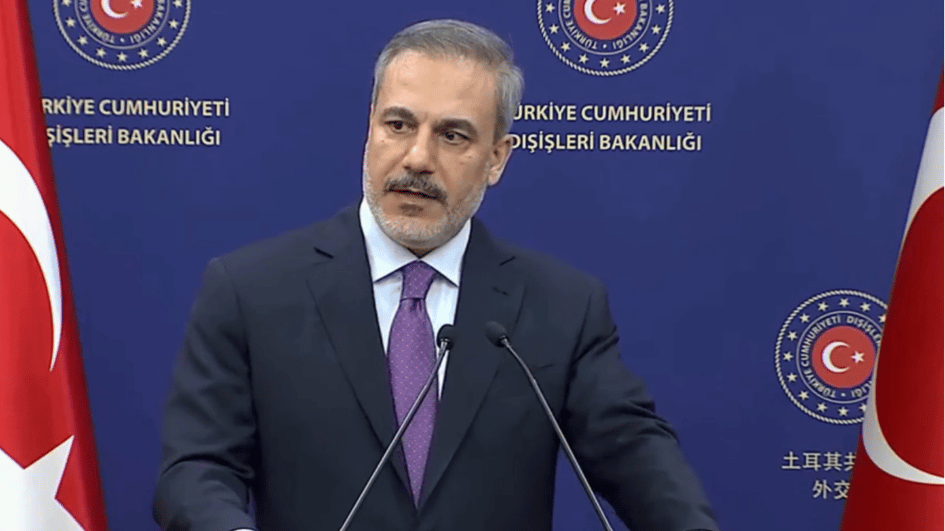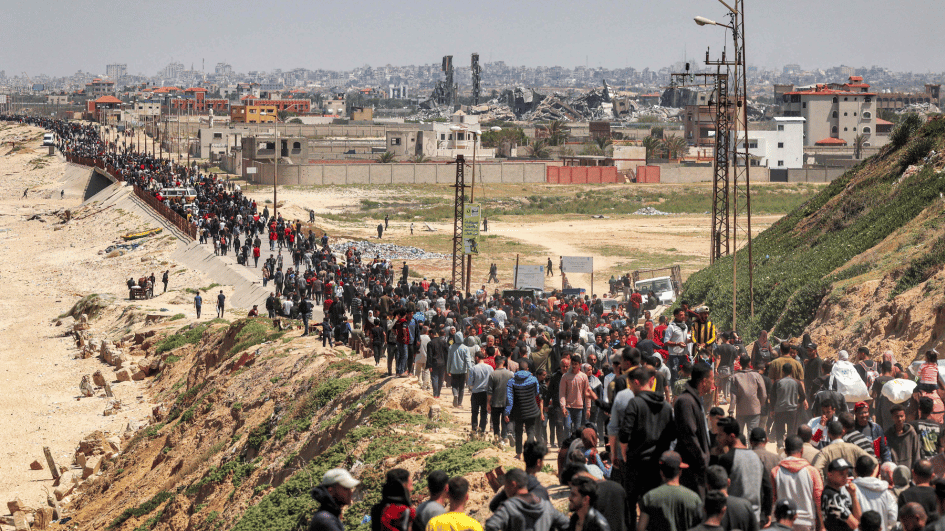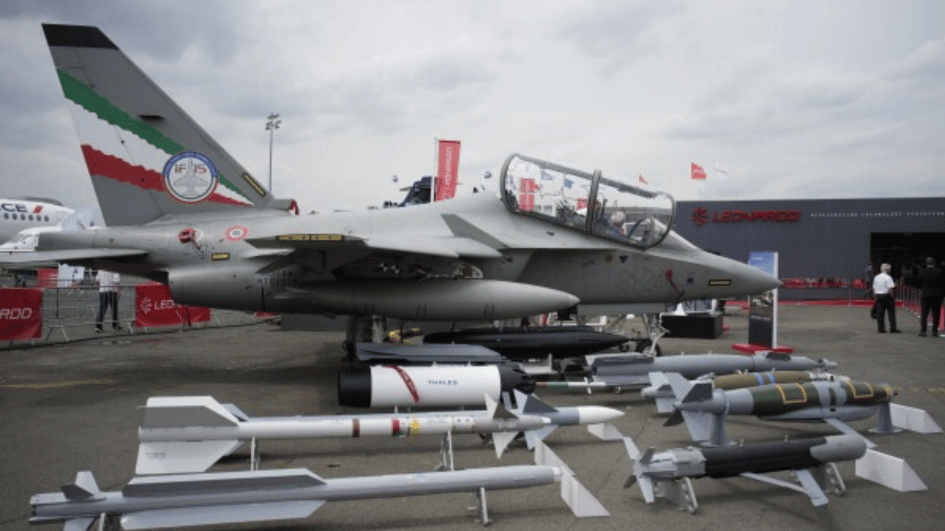Turkey’s difficult times
Turkey is in a de facto war-like situation, even if it is not de jure yet. The warmonger supporters of the government have already started to celebrate “the new war of independence” in the name of “revenge for the suppression of Turks as leaders of Muslims” and the end of the “cursed 20th century” to go “back to future glorious times.”
In fact, Turkey’s proxy war started with its Syrian affair and only recently turned into a de facto war-like situation. From the beginning, Turkey has been so involved in the Syrian war that the so-called opposition Syrians have long been accommodated, organized and allowed to travel freely to and from Syria. Nevertheless, it is only recently that some Turkish citizens have begun to openly travel to Syria to fight alongside Turkmens or whomever they like. Some Turkish journalists started to feel free to interview those who are fighting in Syria in the name of their country or God, with some of these volunteers calling the land of Syria “part of the land of their Ottoman ancestors.” Finally, it has become an official policy to fight against Kurdish fighters of the Democratic Union Party/People’s Protection Units (PYD/YPG) as the Turkish army has been shelling Kurdish positions from the border, and increasing numbers of volunteers are crossing the border to join the fight against the PYD/YPG. Therefore, it seems that we are almost at war.
Nevertheless, Turkey’s undeclared war-like situation is becoming increasingly controversial since Turkey is fighting against an ally (the YPG) of Turkey’s Western allies. That is why Turkey has recently been trying hard to convince its Western friends that YPG is another terrorist organization that is no different from ISIL and that it is legitimate to fight against it.
Then, at a critical moment last week, a bomb blast hit Ankara, killing 28 and injuring many. Shortly after the terrible event, the security services determined the PYD/YPG to be responsible for the attack, according to the Turkish government. We, the citizens of Turkey, are not supposed to inquire more and to be skeptical about what the prime minister declares, especially if the country is at war. Nonetheless, we as citizens do not know if the country is at war or not, and, if so, who is the friend and who is the foe? As far as we know, our government is a part of the coalition against ISIL along with its Western allies, but how is it that the Kurdish friends of our allies are our enemies? In short, we are merely living in limbo.
Worst of all, our allies do not seem to be “convinced” by our government’s “findings” concerning responsibility for the Ankara attack. Indeed, nobody other than Turkey’s citizens who are obliged to believe in whatever their government says would feel convinced that the PYD/YPG would do such a thing that would endanger its relations with the Western powers and will tarnish its legitimacy as a strong partner on the ground in the fight against ISIL in Syria. In fact, the PYD and YPG denied any involvement in the attack. Moreover, a violent Kurdish group, the Kurdistan Freedom Hawks (TAK), recently declared responsibility.
Perhaps the Turkish government is “mistaken” or is “too focused” on the threat from the PYD/YPG that it has emerged to be a usual suspect; or perhaps the PYD/YPG has turned out to be totally irrational? No matter what, Turkey’s quick inquiry and rapid fact finding was doomed to raise skepticism, and it seems not to have worked politically in favor of Turkey.
On the contrary, the latest event will further portray Turkey as a trouble maker that is doing everything to complicate matters for its allies and hinder the fight against ISIL. Under the circumstances, Turkey’s constant refusal to be a cooperative ally seems to be working against it, further discrediting Turkey as an ally and further diminishing its role as a serious actor in regional politics. Finally, the word of “ally” has become an empty signifier since Turkey accuses even its best allies of plotting against it.
Last but not the least, the president and his party is acting as if we are also involved in a domestic war against “internal enemies” – namely anybody who does not offer unconditional support to the governing party and its leader, be it political Kurds, leftists, liberals, democrats, secularists or simply environmentalists.
In short, Turkey’s rulers seem to have too many wars to fight against too many enemies. It seems that we who live in this country will lose, regardless of who wins these wars. We already have humanitarian crises in the Kurdish-populated region, and hundreds of people have already died in the conflicts, if not more. Besides, more than 200 have died in bombings that have not really been illuminated in less than a year. God knows what’s going to happen next.











